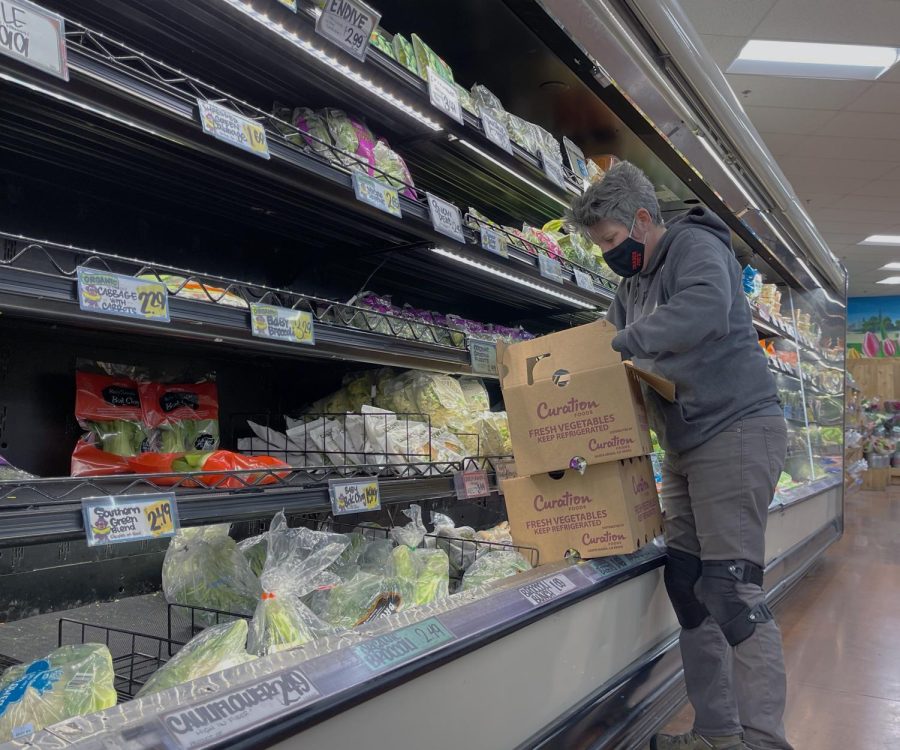As many counted down for the new year in anticipation of a fresh start and a set of New Year’s resolutions, food banks across California counted down in anticipation of being able to feed more people than ever before.
On Jan. 1, California Senate Bill 1383 (SB 1383), also known as California’s Short-Lived Climate Pollutant Reduction Strategy, went into effect. The bill maintains that all California grocery stores and supermarkets above 10,000 square feet are mandated to donate their eligible leftover food that would otherwise have been tossed.
According to SB 1383, “Almost 1 in 4 Californians don’t have enough to eat. [Senate Bill] 1383 requires certain food businesses to donate the maximum amount of edible food they would otherwise dispose of, to food recovery organizations.”
Food recovery organizations are non-profits that go to grocery stores, restaurants, and homes to save as much unopened leftover food as possible to distribute through food banks. According to one such organization, Feeding San Diego, this bill validates the necessity of their work.
“This legislation was long overdue and needed for our organization’s food rescuing. To know that we can get more food to people is such a relief for us and many other organizations,” said Carissa Casares, the communications manager at Feeding San Diego.
According to Casares, the bill’s mandates are not in full effect yet.
“We are still waiting to see the full implications of the bill. It just passed, so it is still unclear what the full scope will be,” Casares said.
While it is unclear how much more food rescue organizations can salvage, it is clear that many grocery stores haven’t donated in the past because of rumors of liability.
In the legal sense, businesses are protected. According to the Public Health Law Center, “both donors and donees are generally protected from criminal and civil liability related to the donation of food and grocery products covered under the Good Samaritan Act.”
However, a majority of businesses remain worried about the threat of liability. According to a study done by America’s Second Harvest, “more than 80% of the companies surveyed responded that the threat of liability for food-related injuries was the greatest deterrent for donating excess food.”
Even so, there have been some positive trends. According to Casares, since she started at Feeding San Diego, more and more businesses have wanted to donate.
“It is not a good look for a grocery store to throw away their old food, so an increasing number of big corporations have been reaching out to us,” Casares said.
Senior Malia Kubodera, co-leader of the San Carlos Leos, a club that has led food supply efforts in the past, believes that corporations must engage in donations.
“I know that sometimes when [supermarkets] can’t sell the food anymore, they end up tossing it. I feel that as a big corporation, they have a responsibility to aid the community and provide what they can,” Kubodera said.






















